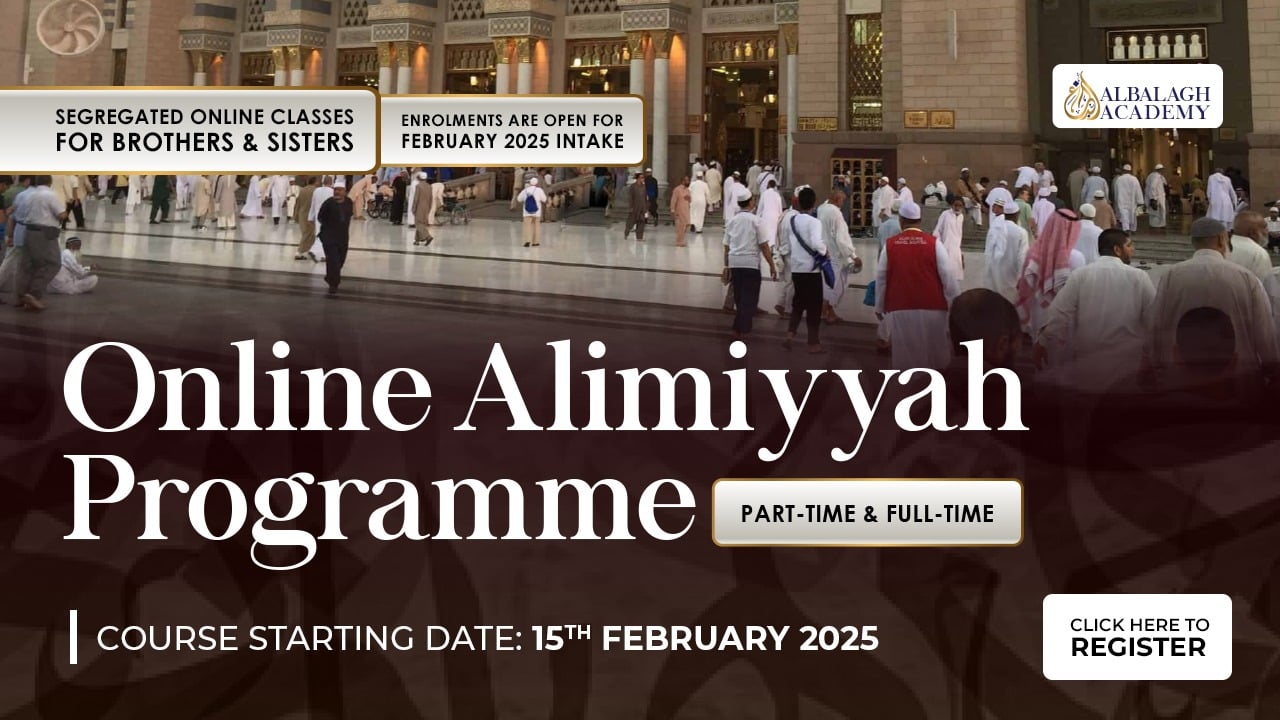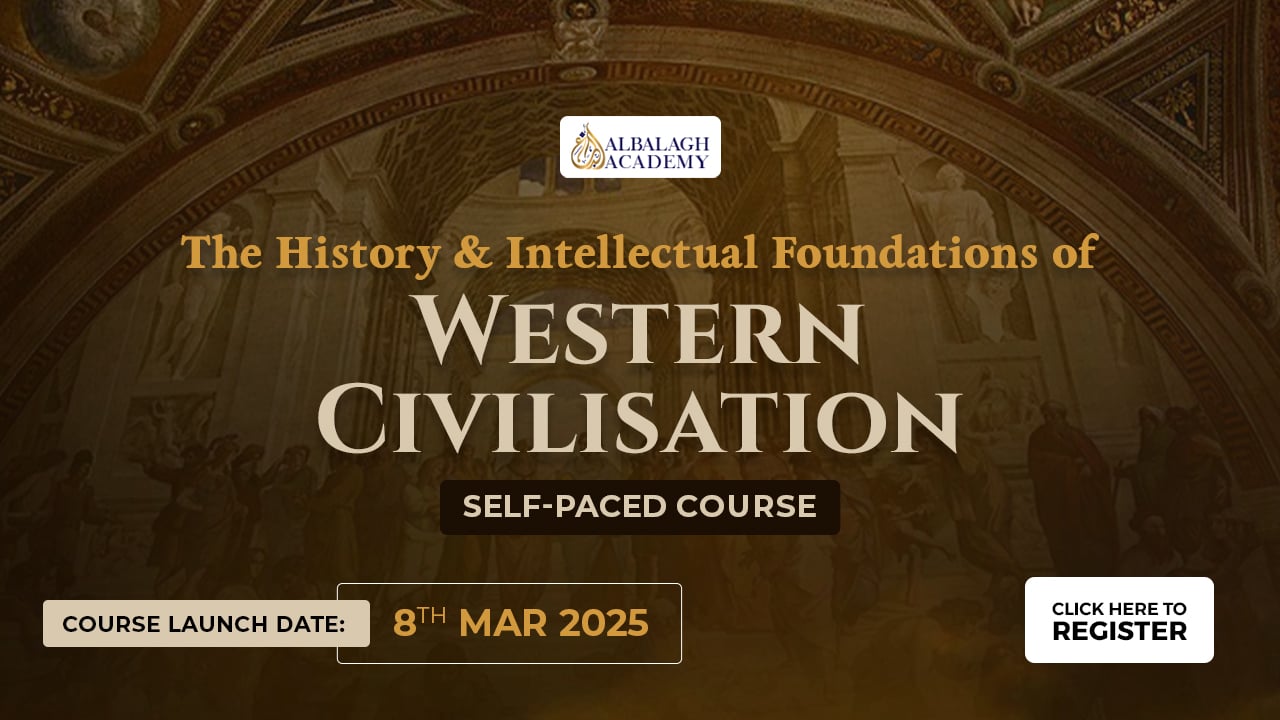The Art of Dream Interpretation in Islam
An exclusive online course based on Imam Muhammed Ibn Sirin’s guide to Dream Interpretation
About The Course
This beginner-level course The Art of Dream Interpretation in Islam will explore the Islamic science of interpretation of dreams (ta'bir al-ru'ya) based on the famous classical text, “Dictionary of Dreams” by the renowned tabi'i, dream interpreter of Islam, Muhammad Ibn Sirin. Islamic dream interpretations are mainly sourced from his works.This course “The Art of Dream Interpretation in Islam” will guide you through this famous manual and dictionary of concepts related to dreams and their meanings. Though the course looks at dreams and their significance from an Islamic point of view, it will also provide a practical, realistic and authentic overview of the art and its limits.
First of its kind, The Art of Dream Interpretation in Islam, online course, provides guidelines for both the dream interpreter and the person who relates his / her dreams to the experts of knowledge. It will also cover explanations of rare dreams that impacted human history, including the dreams of Allah’s prophets, upon all of them be peace and blessings, and the interpretations of rare and unique dreams given by masters of this unique art.
This course is suitable for all interested Muslims, especially those who wish to relate dreams seriously as an essential aspect of their life, faith and psychological state. It will be beneficial to students of cultural sciences and spirituality, but above all to the seekers of truth through authentic sources.
Course Team
Shaykh Mustaqeem Shah
(Lecturer, Al Balagh Academy, UK)
Syed Huzaifah Ali Nadwi
(Research assistant, Understanding British Imams Project, Cardiff University)
Dr. G. H. Rassool
(Director of Studies, Department of Islamic Psychology, Psychotherapy & Counselling)
Sessions
Session
1
Introduction to Science of Dream Interpretations
Session
2
Imam Ibn Sirin and His Authority in Dream Interpretation
Session
3
Dreams: In the Ahadith – Part 1
Session
4
Dreams: In the Ahadith – Part 2
Session
5
Dreams: In the Ahadith – Part 3
Session
6
Dreams: In the Ahadith – Part 4
Session
7
Dreams: In the Ahadith – Part 5
Session
8
The Psychology of Dream Interpretation Part 1
Session
9
The Psychology of Dream Interpretation Part 2
Session
10
Assessing Dreams Using Proper Names, Context and Traditions
Session
11
Distinguishing Between Different Types of Dreams
Session
12
What Does the Quran Say About Dreams?
Session
13
Lessons Learnt and Future of Dream Interpretation
Course Overview
Dream interpretation is one of the earliest sciences of knowledge revealed to humankind. There are many questions scholars address in relation to dreams, like the principles of how to interpret your dreams, who witnesses the dream, the soul or the self, what does it mean to see oneself doing something unnatural and what is the difference between true and false dreams. This course The Art of Dream Interpretation in Islam has been specifically designed to provide the response to these questions and more.
In Islam, dreams are seen as a form of spiritual perception. Dream interpretation is also generally termed, ‘‘tafsir’’ or ‘‘ta'bir’’. Multiple Muslim intellectuals and philosophers have devised various Islamic dream interpretation theories and observations over the past 1400+ years. Many of these reflections and statements match with many recent theories and ideas proposed by modern psychologists associated with the psychology of mind.
Muhammed Ibn Sirin, the most popular dream interpreter in the history of Islam, formulated a framework for dream interpretation, with both Hadith and the Qur’an as its foundation. There are false attributions to him and those which are true. It is important to be able to differentiate the two. One thing is sure, there is valuable psychological and spiritual importance of a true dream experience. According to Ibn Sirin, the interpretation of a dream depends entirely on the dreamer’s life circumstances and personal characteristics, along with the meaning of the dream.
The Prophet Muhammad (PBUH) classified these dreams when he informed us, “There are three types of dreams: a righteous dream which is glad tidings from Allah, the dream which causes sadness is from Shaitan and a dream from the ramblings of the mind.”
This beginner-level course is a must-attend for professionals, intellectuals, psychologists, Muslim scholars, students, and people from different walks of life who have an interest in understanding Islamic perspectives on The Art of Dream Interpretation in Islam.


Course Objectives
This course The Art of Dream Interpretation in Islam aims to:
- Explore the life and authority of Ibn Sirin in dream interpretation.
- Understand the key attributes of a dream interpreter.
- Discuss Islamic fiqh of dream interpretation and its acceptability.
- Study the art of relating and receiving dreams.
- Examine dreams using proper names, context, and traditions.
- Gain insight into Interpretation by Contraposition and Correlation.

Learning Outcomes
By the end of this course The Art of Dream Interpretation in Islam, participants will:
- Know about the life and authority of Ibn Sirin in dream interpretation.
- Recognize the key attributes of a dream interpreter.
- Acknowledge Islamic fiqh rulings on dream interpretation.
- Understand the art of relating and receiving dreams.
- Assess dreams using proper names, context, and traditions.
- Understand the concepts of Interpretation by Contraposition and Correlation.


Testimonials
Frequently Asked Questions
Are Al Balagh courses recognised or accredited?
How is this online course structured?
When will I have access to the online course material?
Will I get notification for live sessions?
Is it mandatory to attend live sessions?
I missed a live session. Can I get the video recordings?
Can I download the video recordings on my device (Desktop/Laptop/Mobile/Tab)?
What is the process for reaching out to the instructor?
( Please note, they often have demanding schedules and may not always be able to address individual queries. We encourage you to attend live sessions and utilize the Q&A period for questions. For queries post-lecture, feel free to contact our administrators, and we will do our best to assist. Responses from instructors will depend on their availability. Thank you for your understanding.)
When will the final exam be held?
I have doubts but I cannot attend the live session. Any other way to ask my questions?
How do I interact with my classmates?
Joining the group will allow you to connect with fellow course students for discussions and updates.
How long will I have access to the free online course(s)?
I am facing trouble signing into the “ILM” Online Student portal. What should I do?
How can I apply for the Al Balagh Scholarship?
What is the course grading policy?
- Weekly Assessment Exams (60% of total points): Throughout the course, you will encounter approximately 5-6 online objective assessments aimed at testing your understanding and honing your skills. These weekly checkpoints are pivotal in tracking your progress and ensuring you're on the right path.
- Course Final Exam (40% of total points): The culmination of your learning journey is marked by the course final exam. This decisive assessment evaluates your grasp of the entire course content.
- Achieving a score of 40% or above is essential to pass the course. This balanced approach between regular assessments and a comprehensive final exam ensures that you not only retain information but also apply your knowledge effectively.
When can I expect to receive my Certificate of Achievement?
Following successful course completion, you will be eligible to receive your digital certificate of achievement. To be eligible, you must meet the following criteria:
Completion of All Course Modules: Full engagement with all designated course materials, including readings, assignments, and assessments, is mandatory.
Attainment of the Minimum Passing Threshold: A minimum grade of 40% is required to qualify for the certificate of achievement.
Who do I contact if I still have doubts related to my courses ?
📞 Admissions Team( Payment, Scholarships, Enrollment, or information about New Courses):
🚀 Short-Term Course Support (Assessment, Course-related, or IT-Technical issues):
Is there a mobile app for accessing my courses ?
- For Android users: Download from the Google Play Store
- For iOS users: Download from the App Store
Dive into a world of convenient and accessible learning today!







